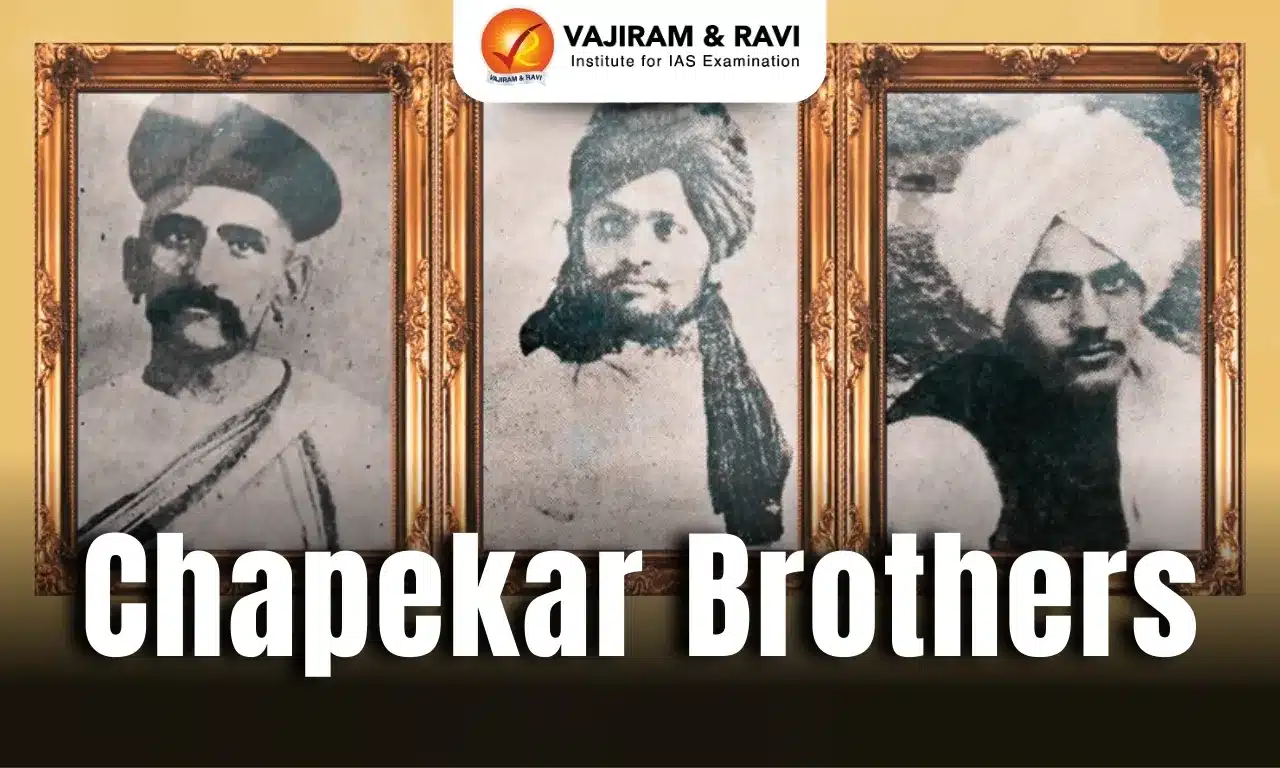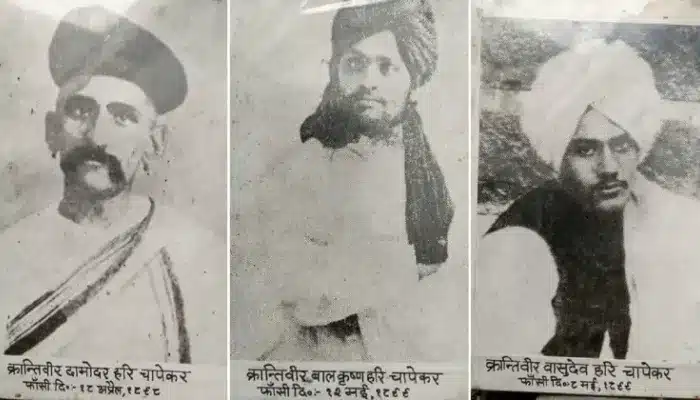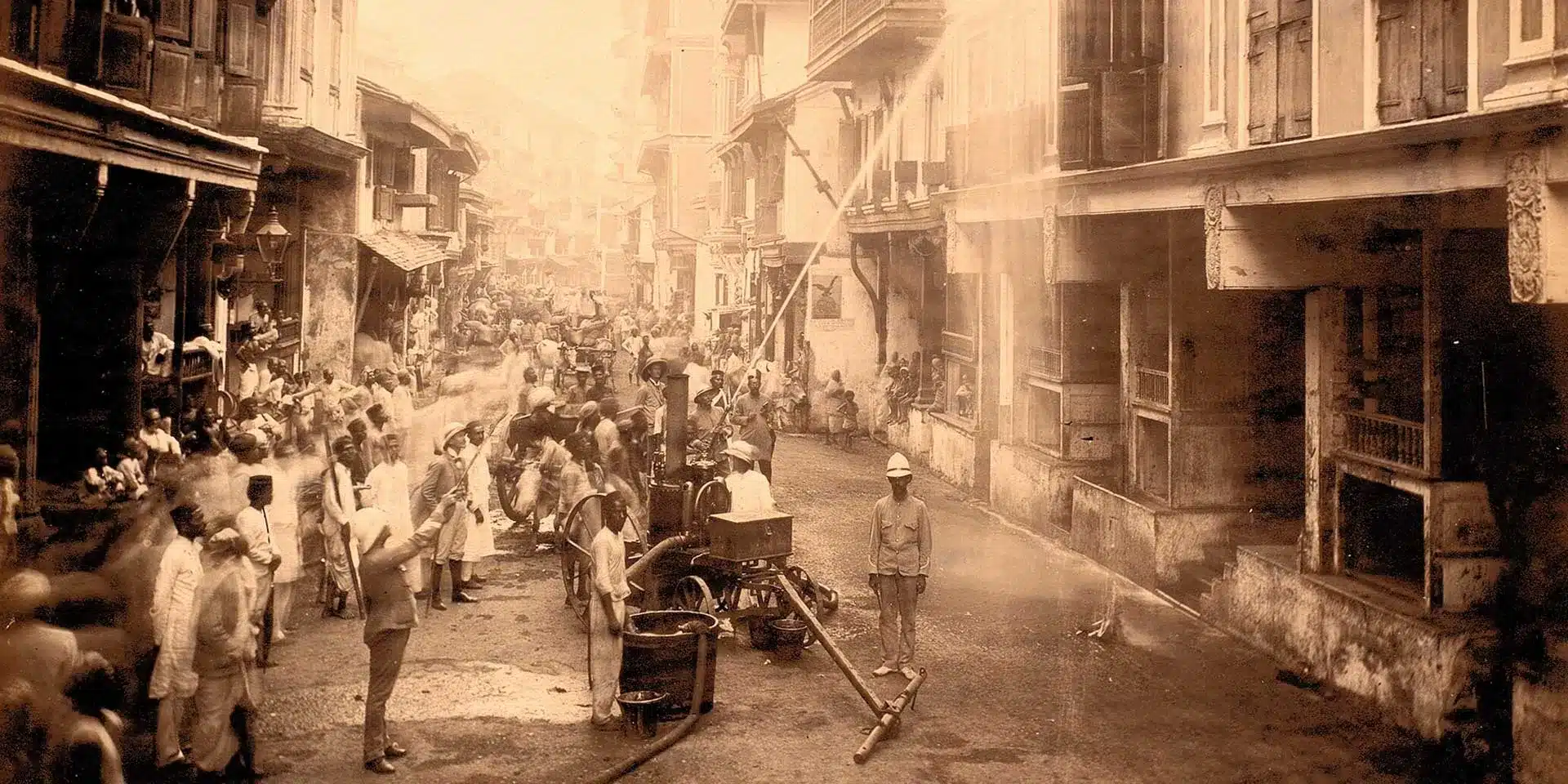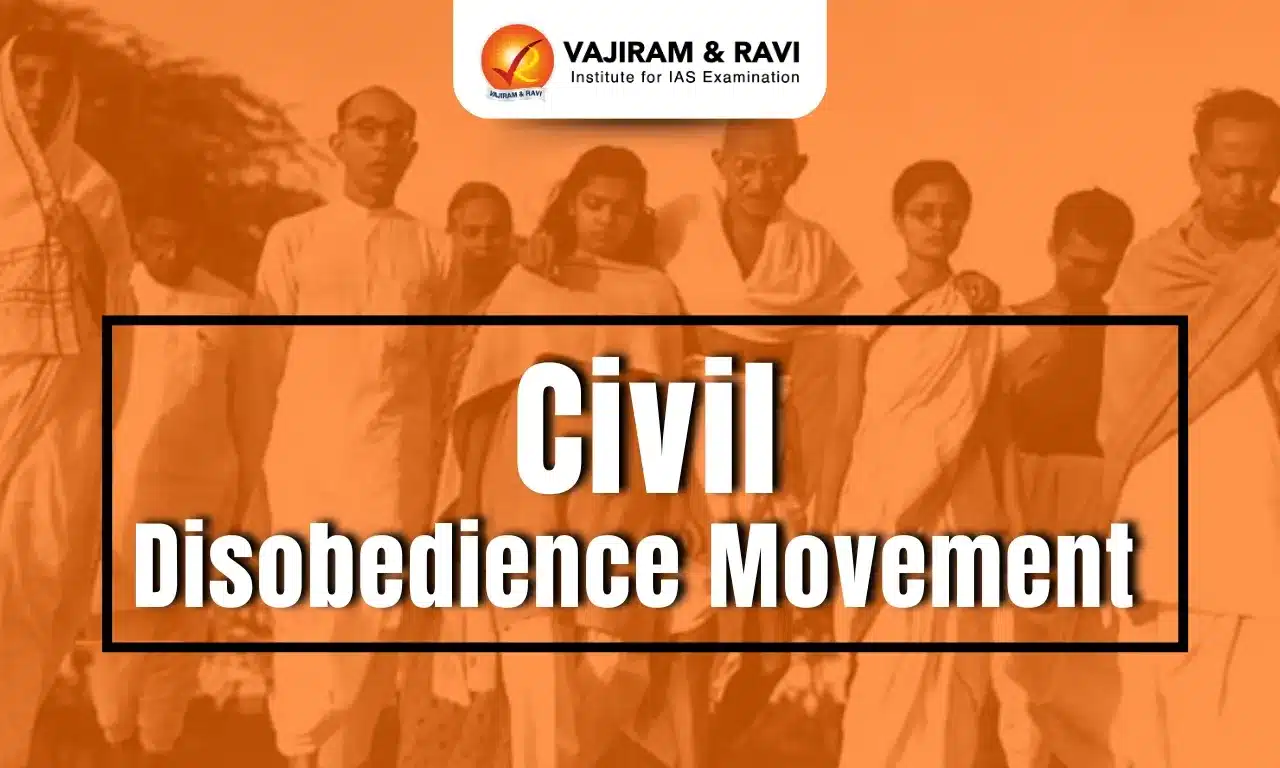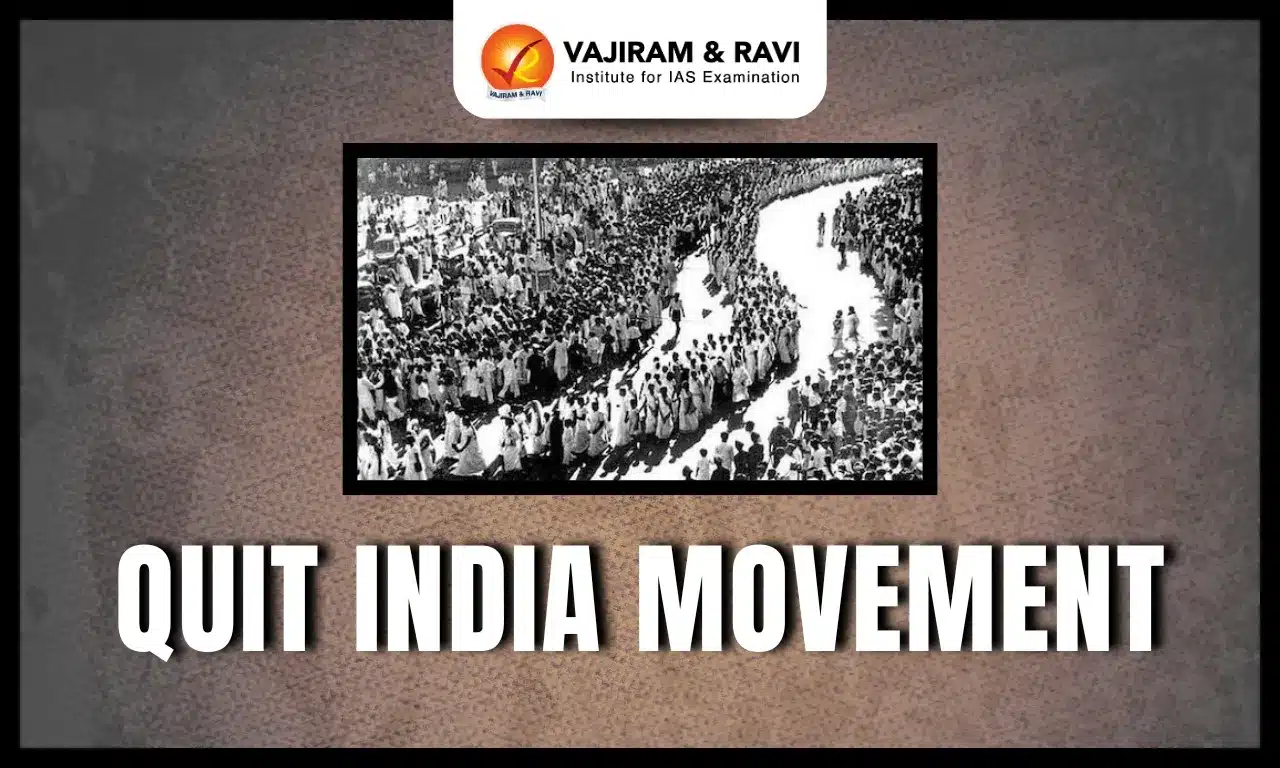Chapekar Brothers, Damodar Hari, Balkrishna Hari, and Vasudeo Hari, were a family of revolutionaries from Chinchwad, near Pune, who assassinated British official Walter Charles Rand in 1897. Rand, a notorious and culturally insensitive figure, was targeted for his ruthless and demeaning approach to the Poona plague. The event sparked renewed nationalist fervour and revolutionary sentiment, resembling the 1857 Revolt for Indian independence, as described by VD Savarkar.
Chapekar Brothers' show of immense courage in the face of tyranny became a source of inspiration for future freedom fighters. Their daring act against injustice sparked the first instance of aggressive nationalism in India after the First War of Independence.
About Chapekar Brothers
Chapekar brothers came from a Chitpavan Brahmin family originally from Chapa adjacent to Chinchwad, Pune. They were raised by their father, Hari Vinayak, a devout man known for his kirtans and modest earnings. The Chapekar brothers received limited formal education but were fortunate to be with Freedom Fighters, witnessing darbars of great princes, and meeting scholars, providing a more enriching source of knowledge.
Chapekar Brother Case Background
Chapekar Brother case occurred against the backdrop of the Bubonic Plague, which struck the district of Pune (Maharashtra) in 1896. The British government established the Special Plague Committee, chaired by Walter Charles Rand, an Indian Civil Services (ICS) officer, to deal with the threat and control the disease's spread.
- Rand’s oppressive regime: Rand's reign of terror began as soon as efforts to combat the plague began. Instead of hiring doctors to carry out their duties ethically, the committee assigned over 800 officers and soldiers to carry out his orders in Pune.
- Violating the Rules: These officials broke into private homes, stripped and inspected residents (including women) in public, evacuated people to hospitals and segregation camps, prohibited funerals, and hampered travel outside the city.
- Some of these officers also vandalized religious buildings and symbols.
- Public Outcry: Resentment grew among local people as the forceful and harsh methods used by the British were seen as an attack on their dignity and privacy.
Chapekar Brothers Response
Chapekar brothers were deeply affected by the oppressive measures implemented by W.C. Rand to deal with the bubonic plague. Chapekar brothers and other revolutionary members of the Chapekar Club believed Rand’s actions symbolized British tyranny and that his removal was necessary to free the people from the oppressive rule of the British.
- Plan of Assassination: On June 22, 1897, the brothers decided to carry out their plan during Queen Victoria's Diamond Jubilee celebration. They waited for Rand's carriage on Senapati Bapat Marg, armed with swords and firearms, with the intention of exacting revenge for his atrocities.
- Assassination of Rand and Ayerst: Damodar Hari shot at Rand's vehicle, while Balkrishna Hari neutralized his escort, Lieutenant Ayerst. Despite initially surviving, Rand succumbed to injuries, marking a victory for the Chapekar brothers and a warning to the British administration.
- Killing of Informers: Vasudeo Hari Chapekar and his associates assassinated the Dravid brothers who were police informants.
Chapekar Brothers Execution
After the assassination of W.C. Rand, British authorities started a rigorous search for the perpetrators. Damodar was executed in April 1898, while Balkrishna, initially evading capture, was apprehended and executed in May 1899. Vasudeo was also arrested and executed. Their accomplice Mahadev Ranade a schoolboy at that time was sentenced to ten years of imprisonment.
- Despite their radical methods, the Chapekar Brothers contributed to the growing wave of discontent and resistance to British colonial authority.
- The Chapekar Brothers' death was supposed to discourage future revolutionaries, but it had the opposite effect increasing anti-British sentiments across India.
| Other Related Posts | |
| Extremist Phase of Indian National Congress | Bal Gangadhar Tilak |
| Chapekar Brothers | Aurobindo Ghosh |
| Bipin Chandra Pal | Alipore Conspiracy Case |
| Lala Lajpat Rai | Surat Split |
Last updated on March, 2026
→ UPSC Notification 2026 is now out on the official website at upsconline.nic.in.
→ UPSC IFoS Notification 2026 is now out on the official website at upsconline.nic.in.
→ UPSC Calendar 2026 has been released.
→ UPSC Final Result 2025 is expected to be released soon.
→ Check out the latest UPSC Syllabus 2026 here.
→ Join Vajiram & Ravi’s Interview Guidance Programme for expert help to crack your final UPSC stage.
→ UPSC Mains Result 2025 is now out.
→ UPSC Prelims 2026 will be conducted on 24th May, 2026 & UPSC Mains 2026 will be conducted on 21st August 2026.
→ The UPSC Selection Process is of 3 stages-Prelims, Mains and Interview.
→ Prepare effectively with Vajiram & Ravi’s UPSC Prelims Test Series 2026 featuring full-length mock tests, detailed solutions, and performance analysis.
→ Enroll in Vajiram & Ravi’s UPSC Mains Test Series 2026 for structured answer writing practice, expert evaluation, and exam-oriented feedback.
→ Join Vajiram & Ravi’s Best UPSC Mentorship Program for personalized guidance, strategy planning, and one-to-one support from experienced mentors.
→ Check UPSC Marksheet 2024 Here.
→ UPSC Toppers List 2024 is released now. Shakti Dubey is UPSC AIR 1 2024 Topper.
→ Also check Best UPSC Coaching in India
Chapekar Brothers FAQs
Q1. Who were the Chapekar Brothers? +
Q2. What was the role of the Chapekar brothers?+
Q3. Who was W.C Rand in British India?+
Q4. What was the death sentence of the Chapekar brothers?+
Q5. Why did the Chapekar Brothers assassinate W.C. Rand? +
Tags: chapekar brothers quest upsc modern indian history notes

